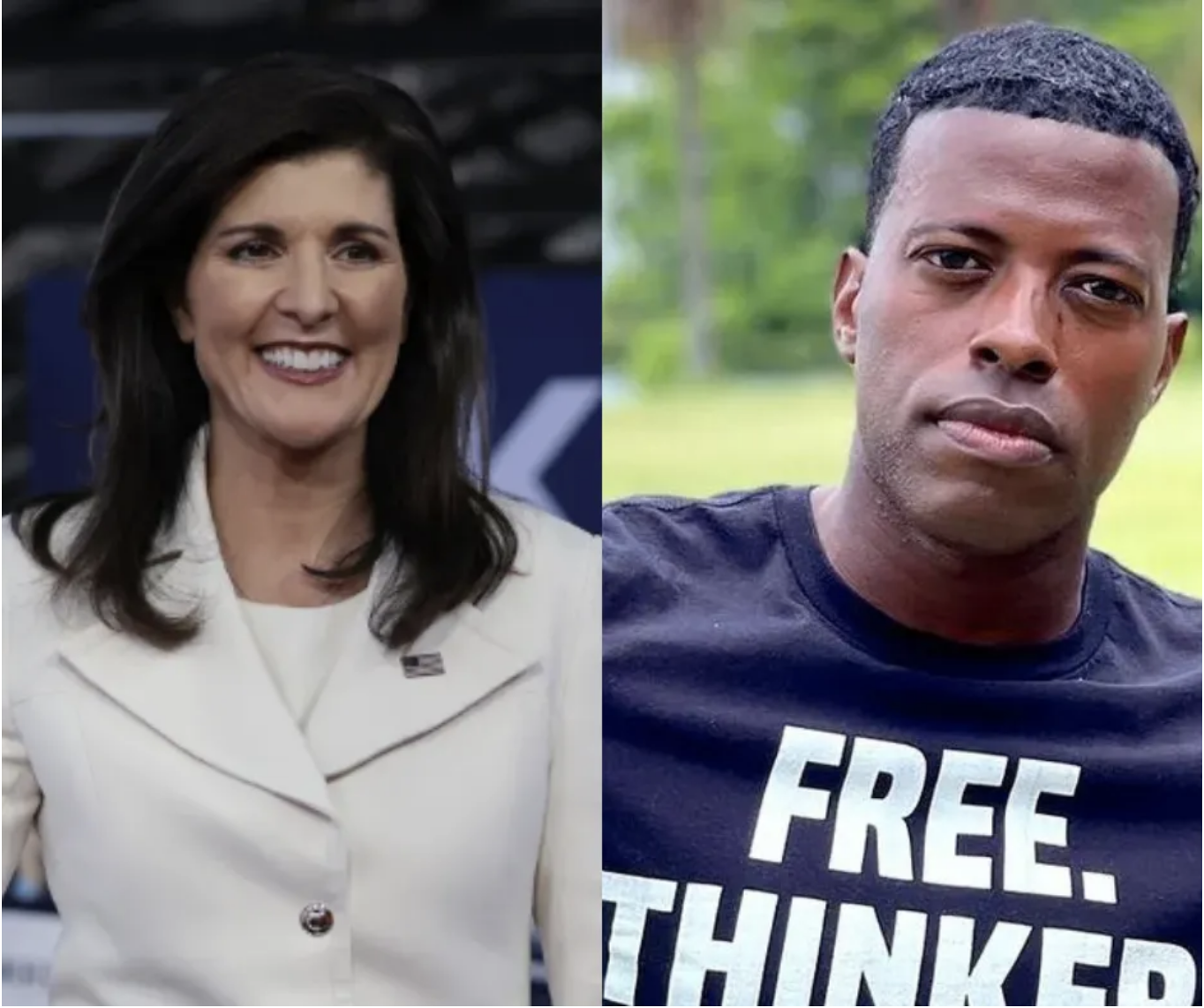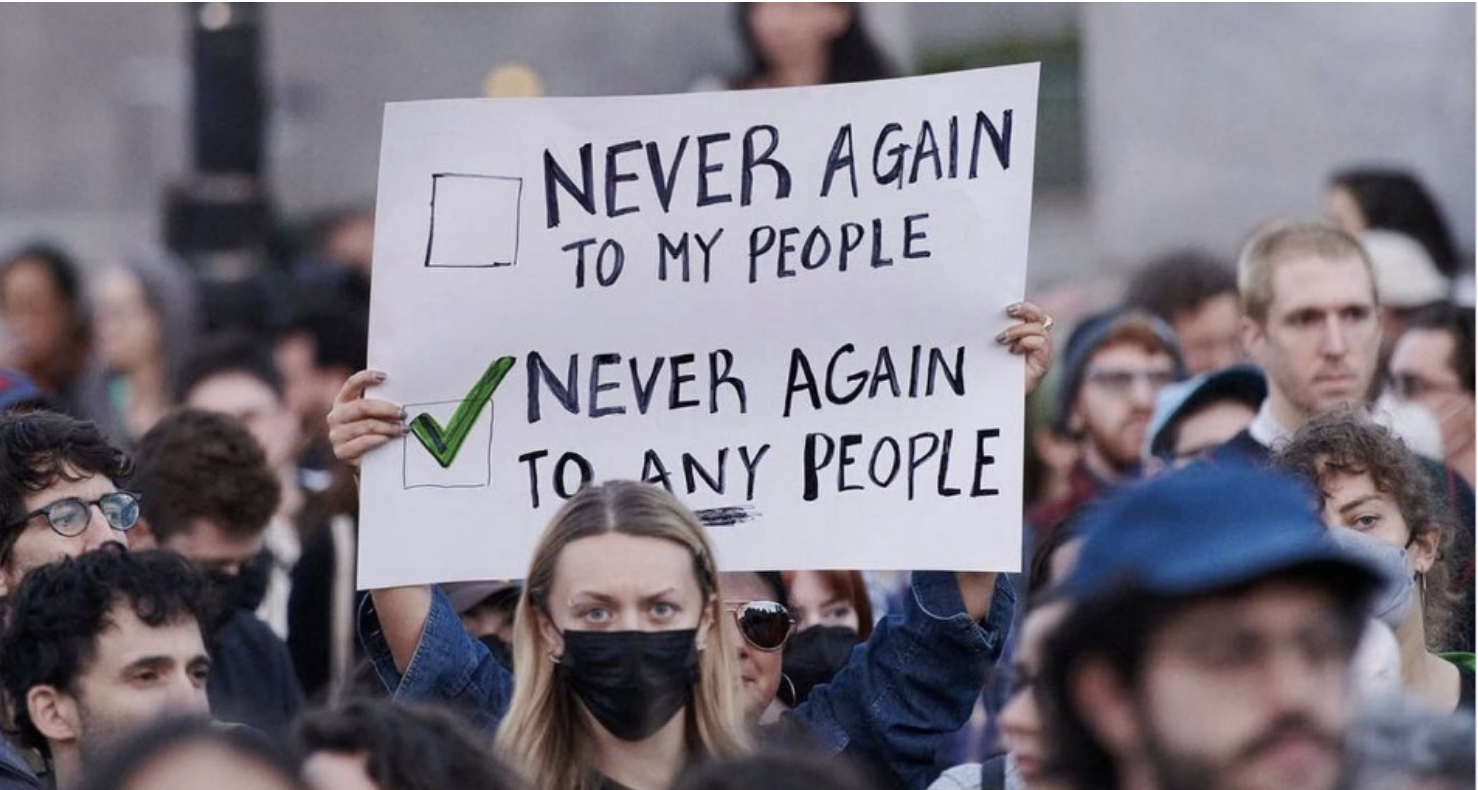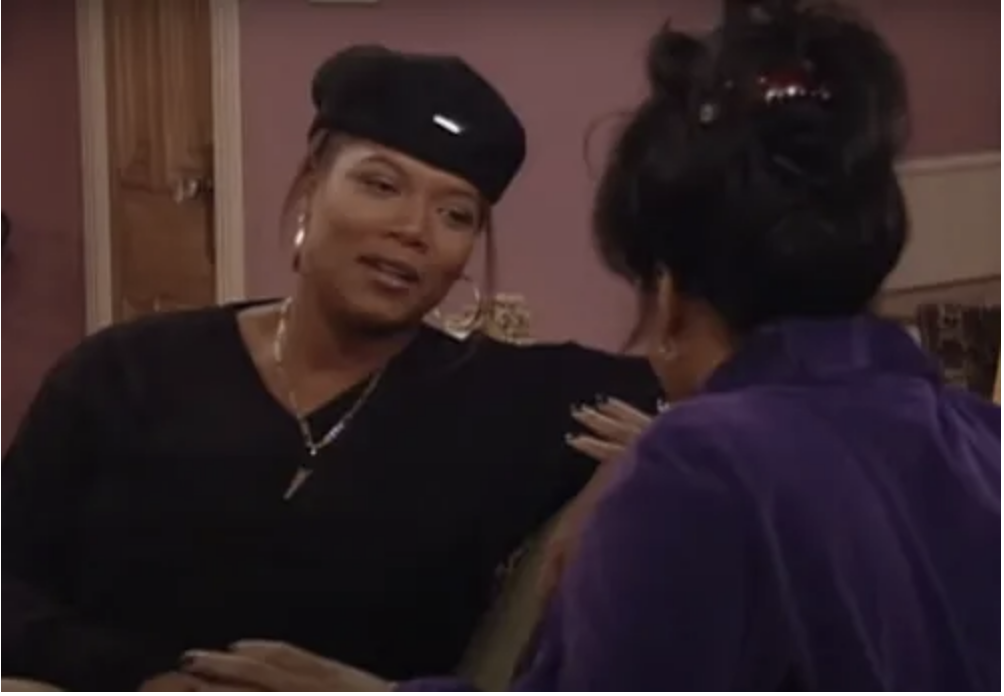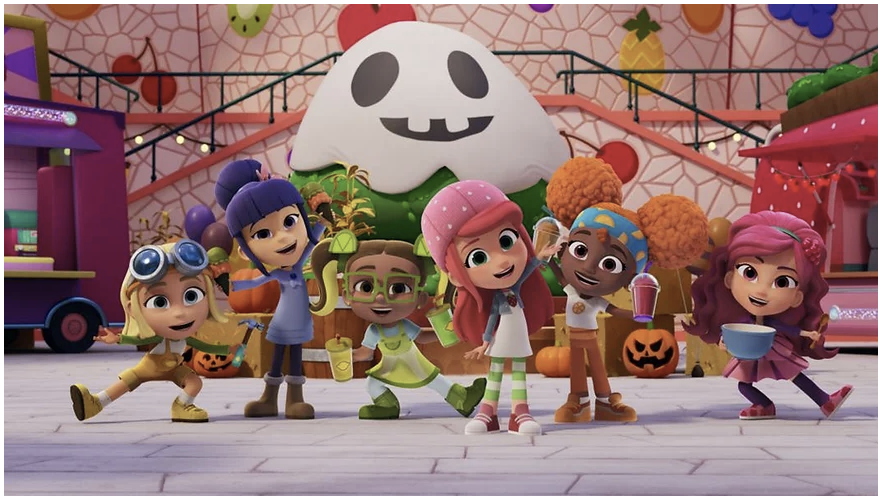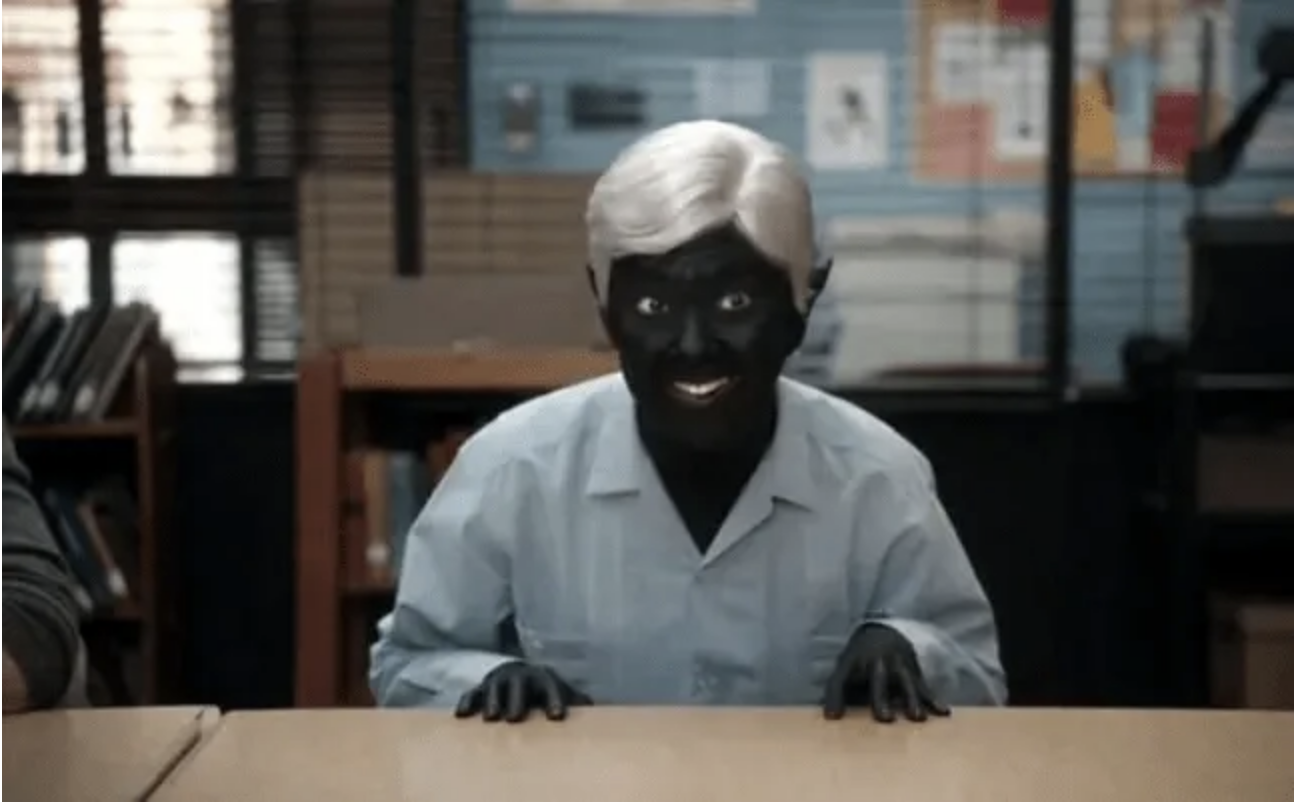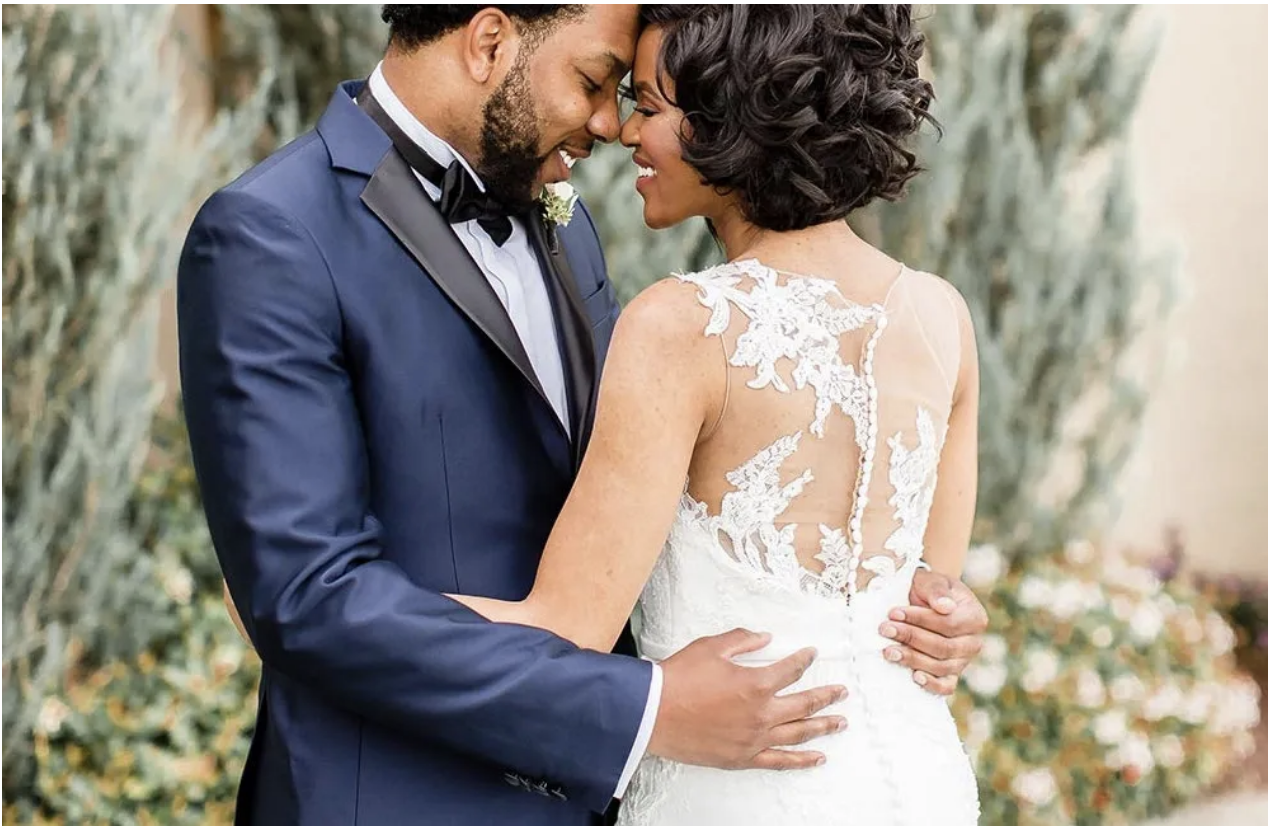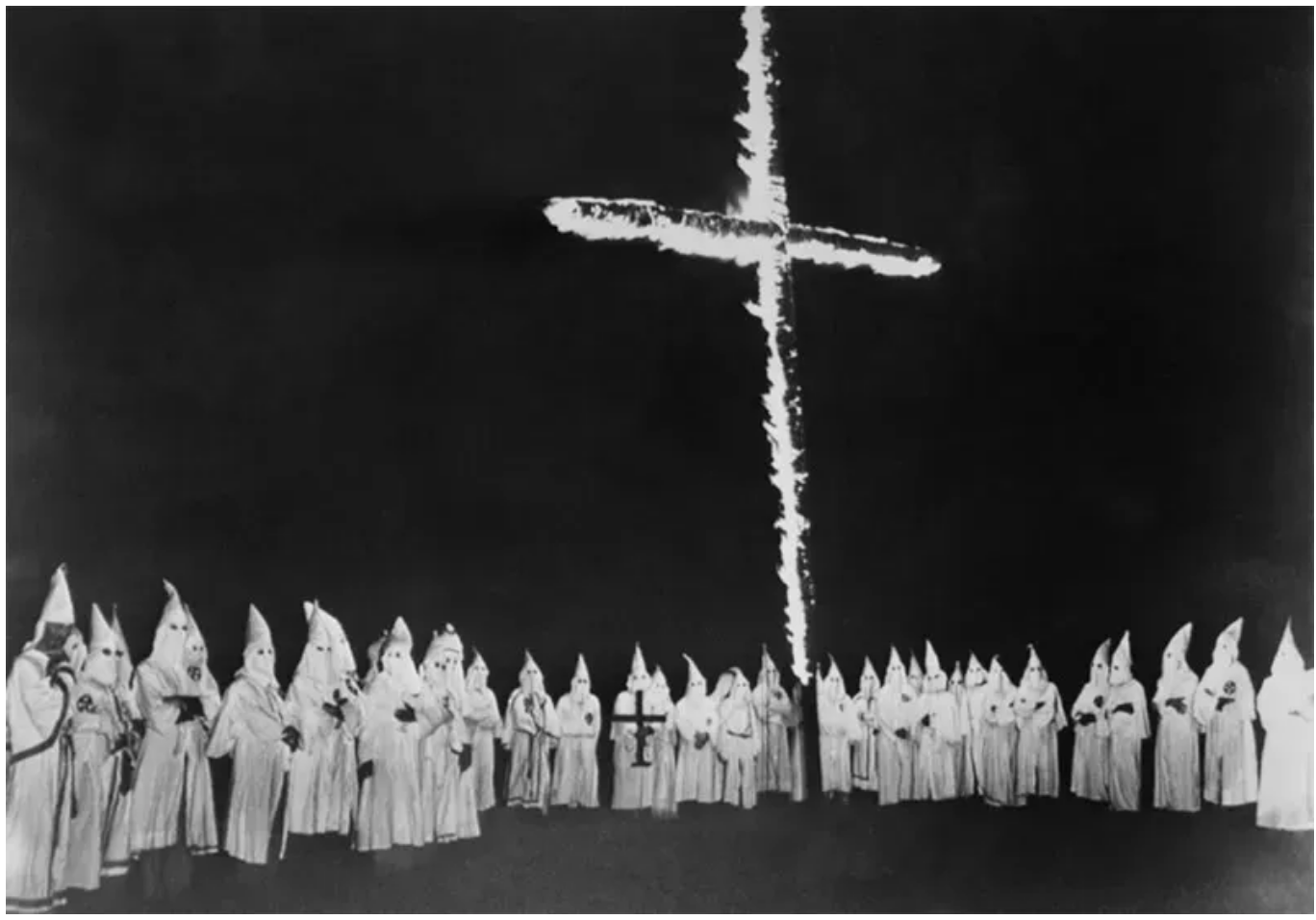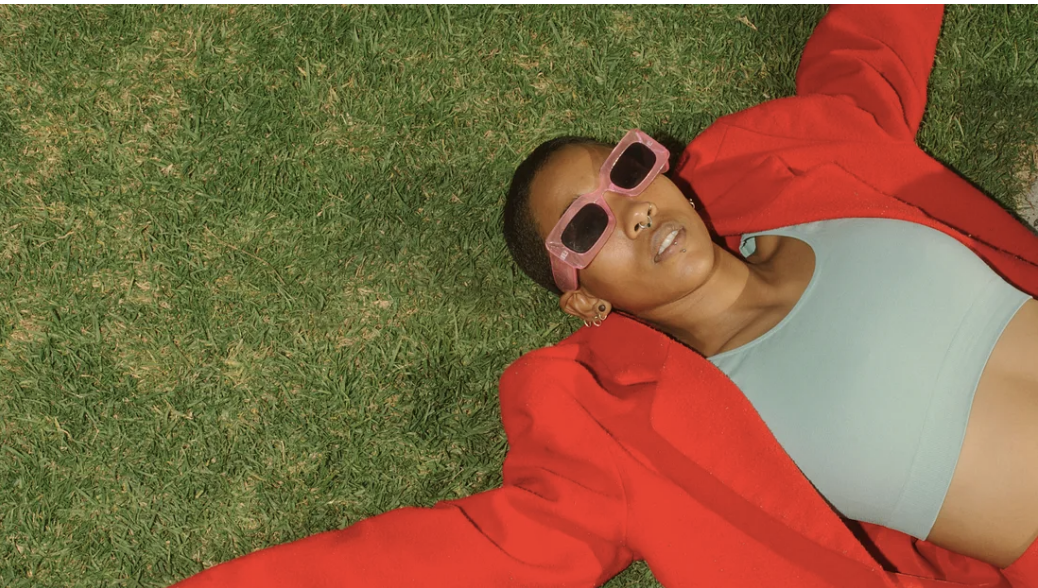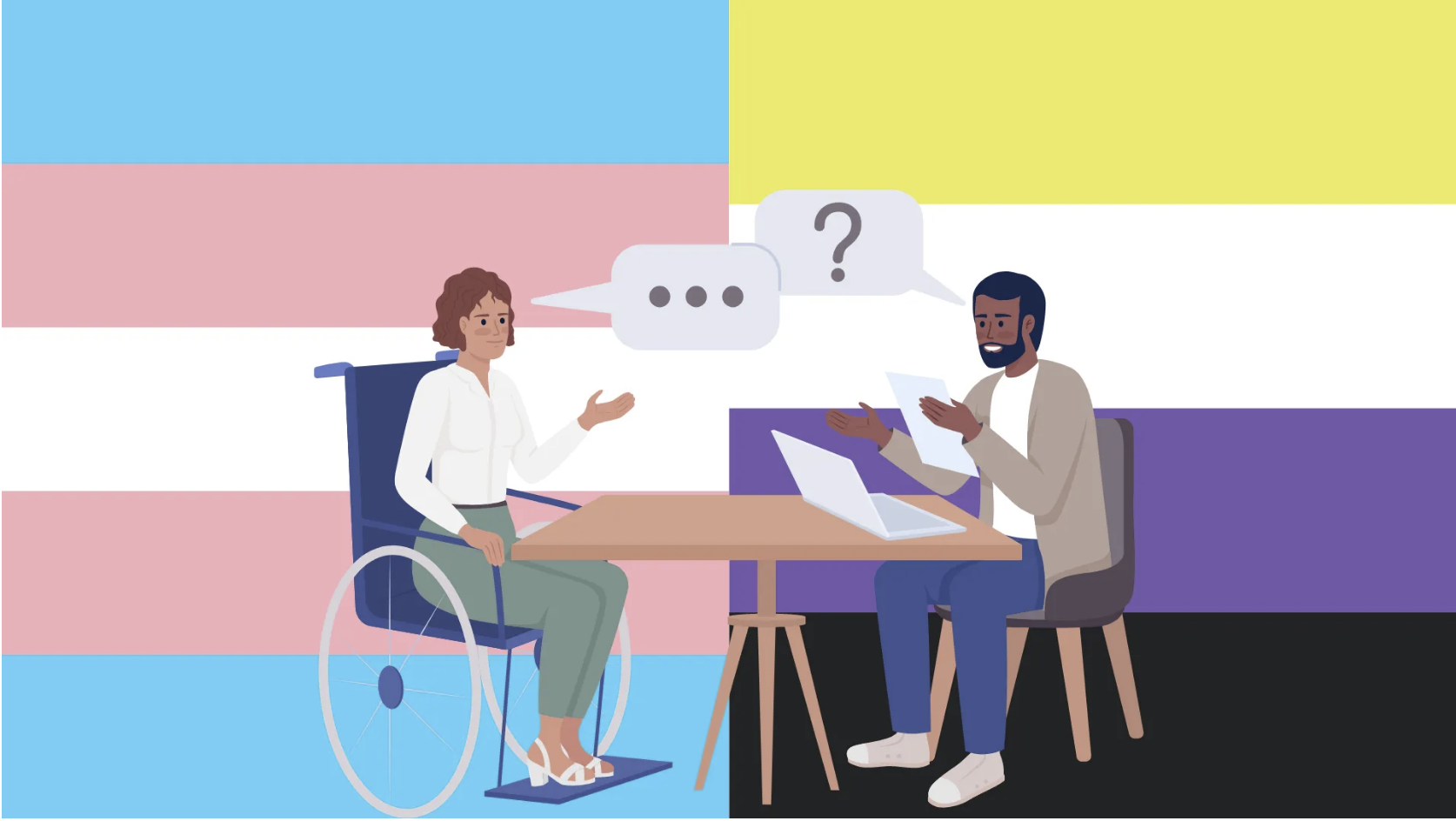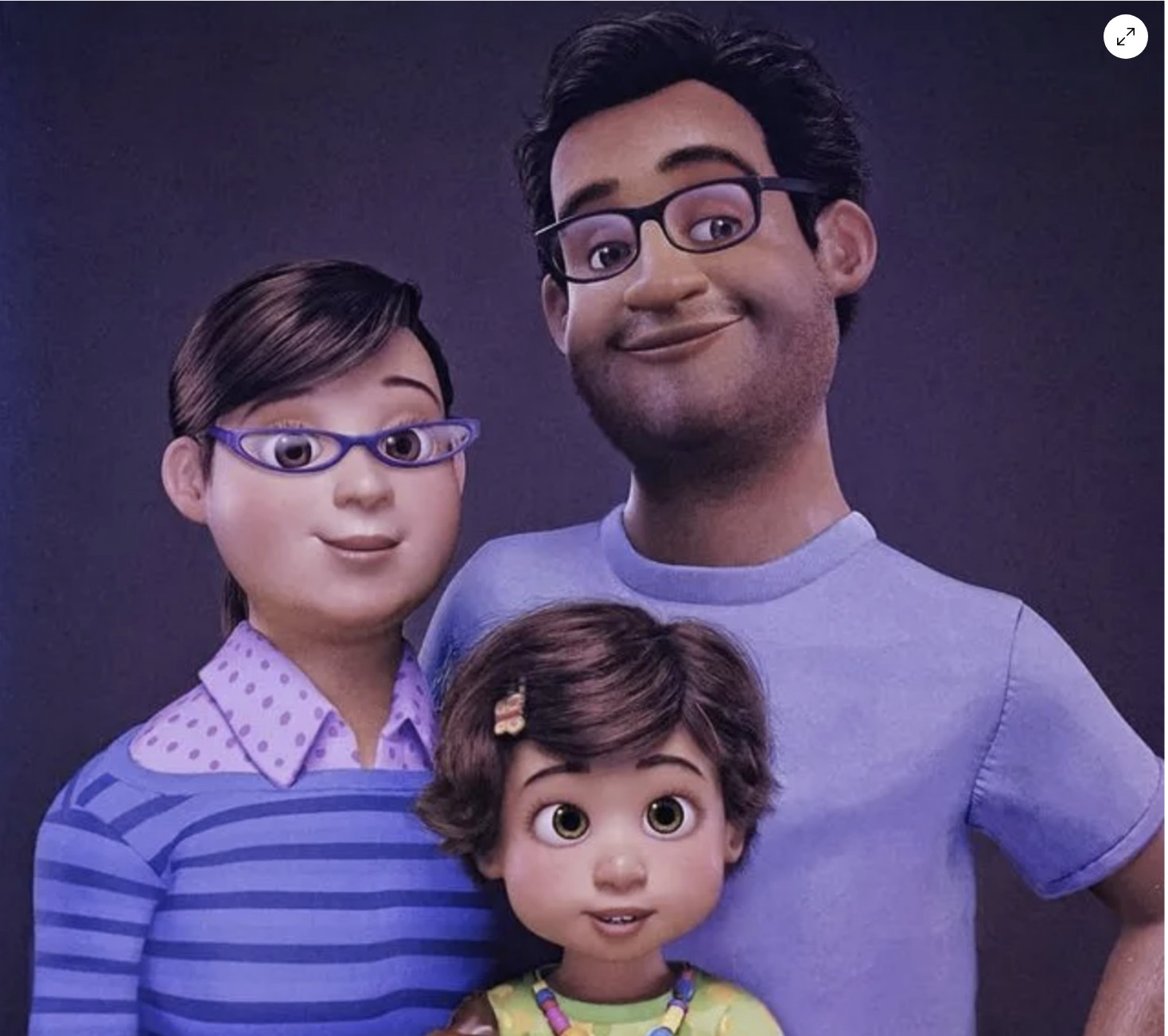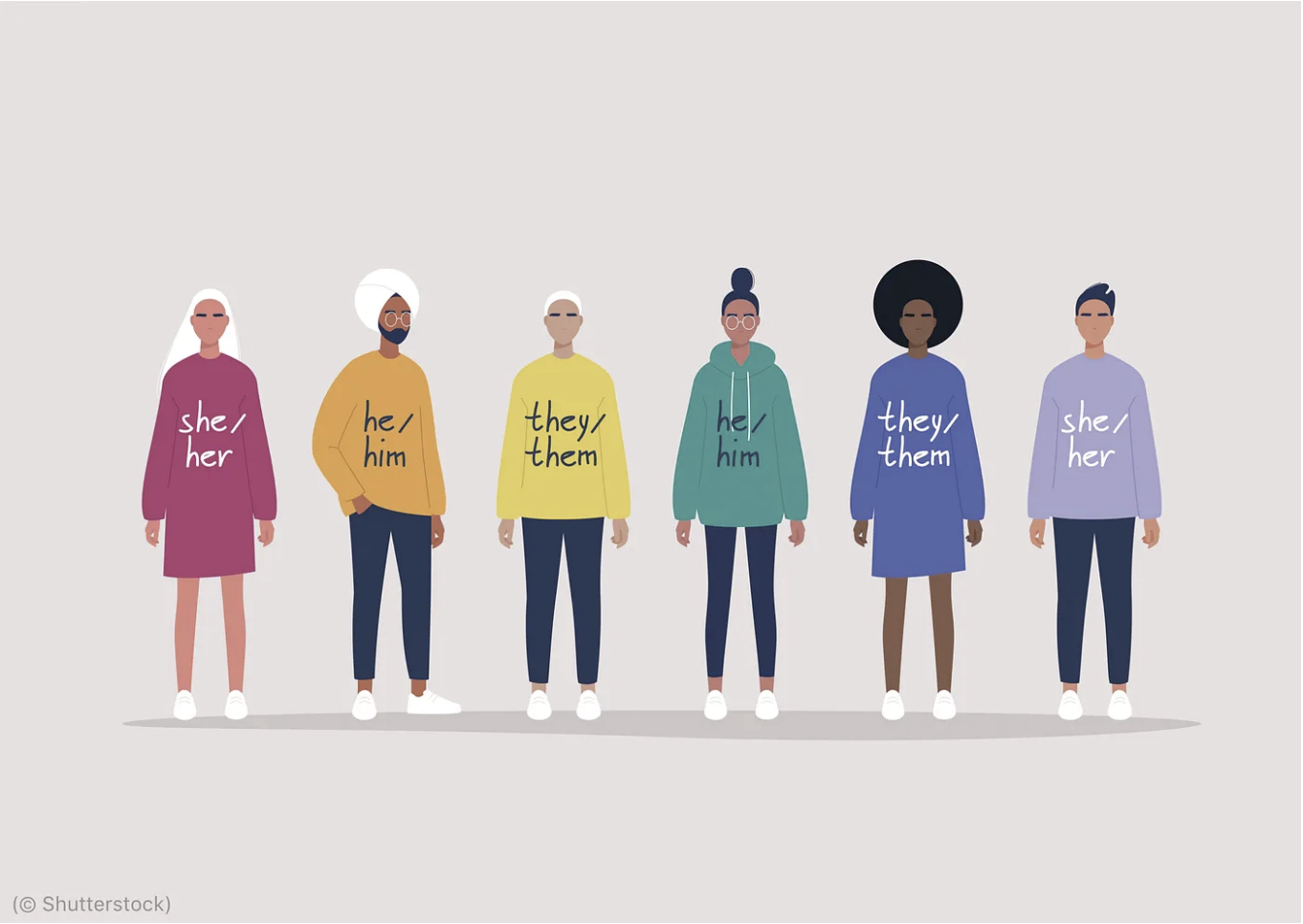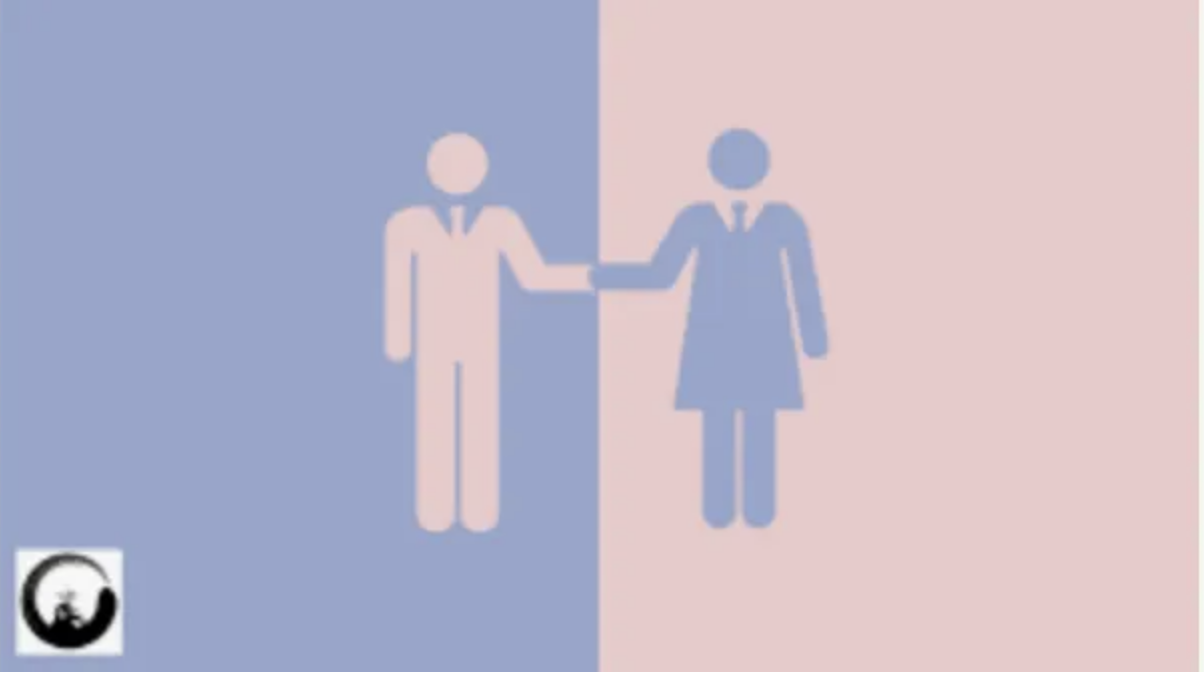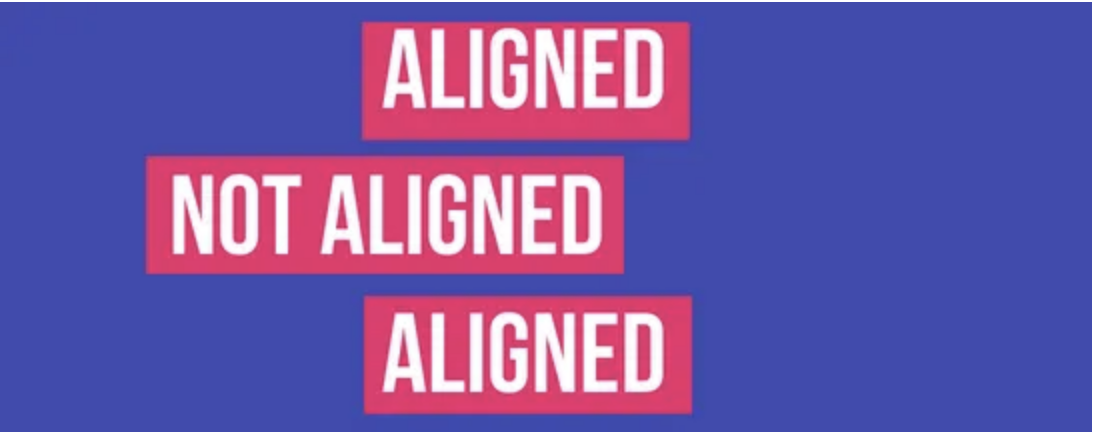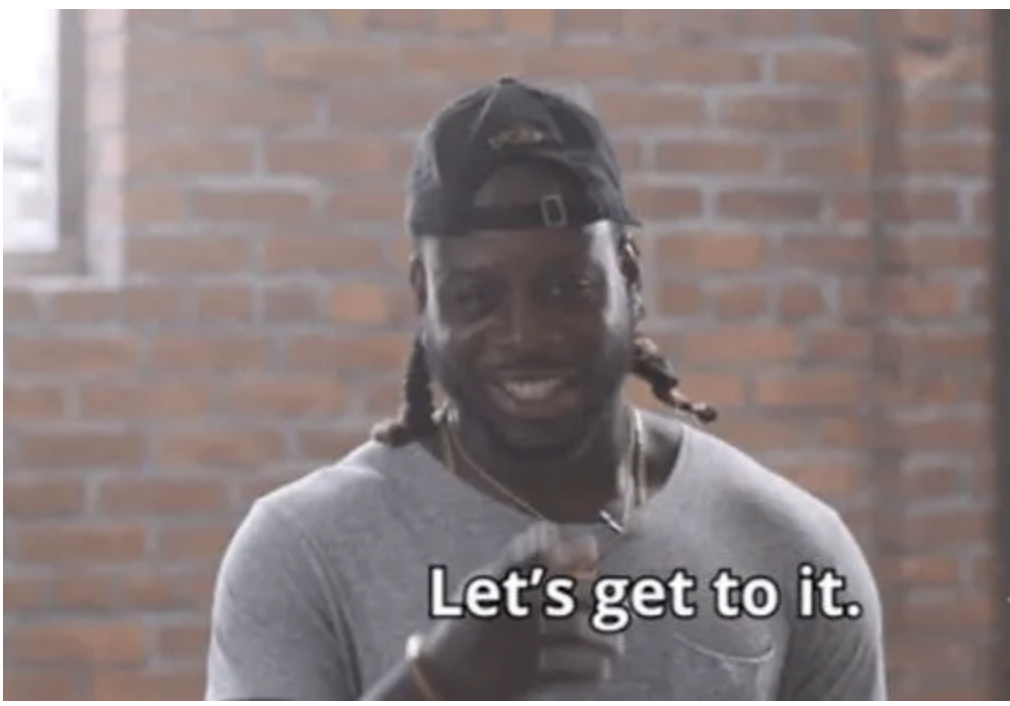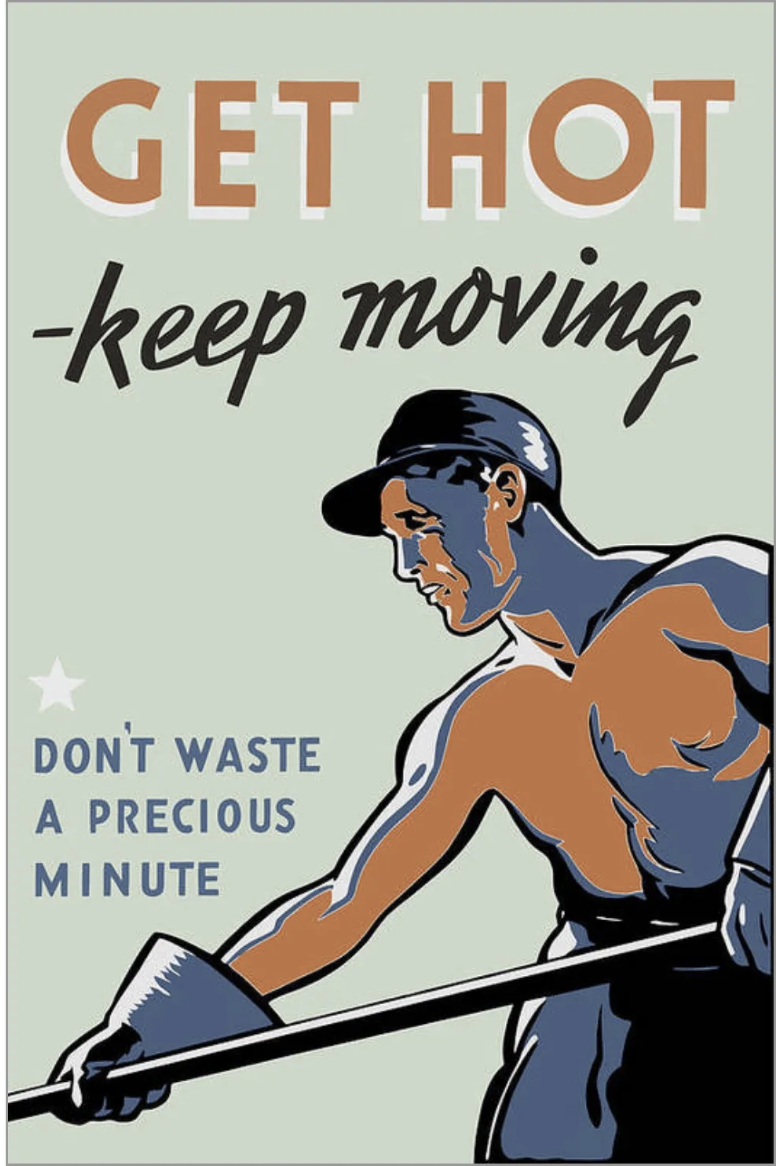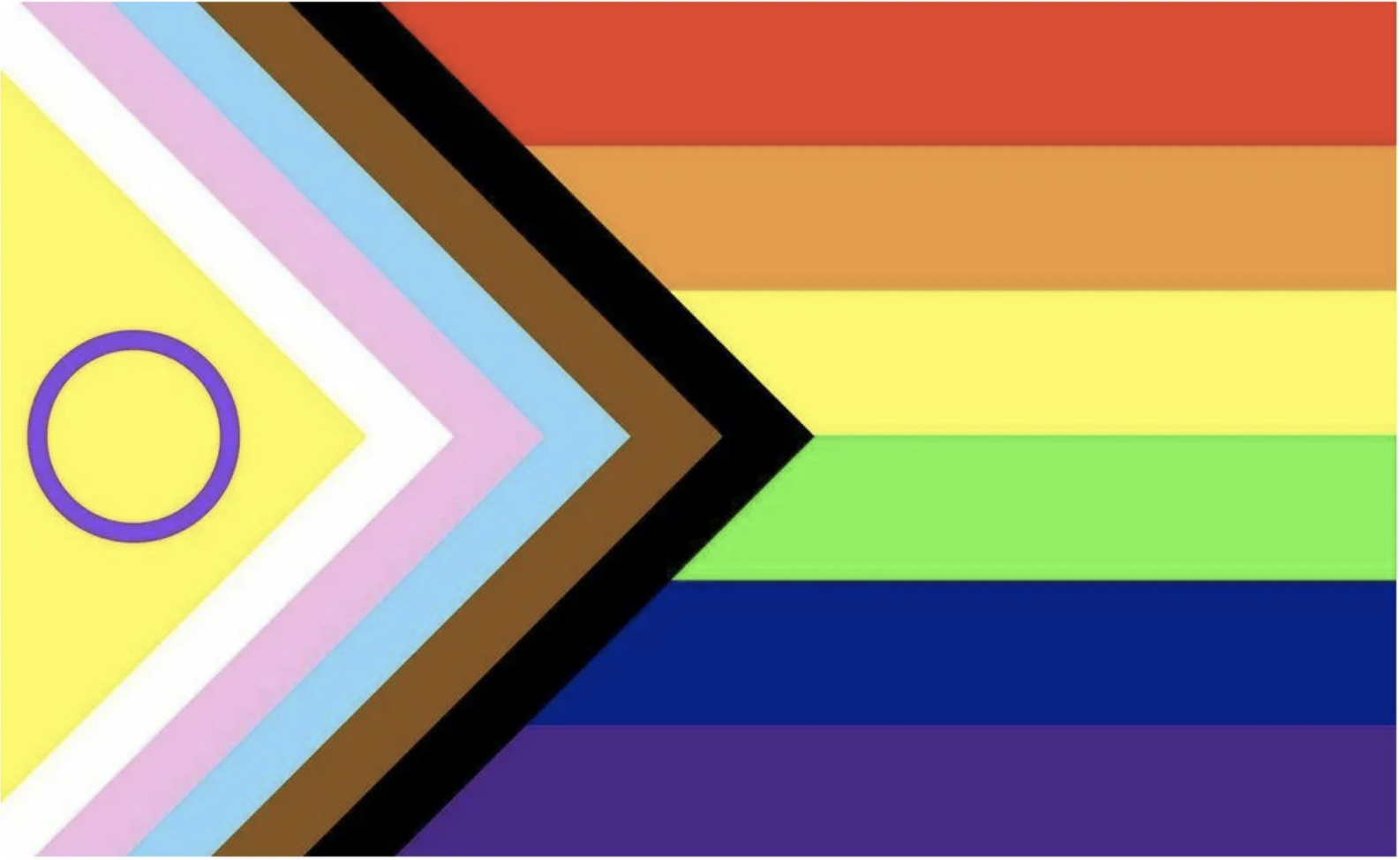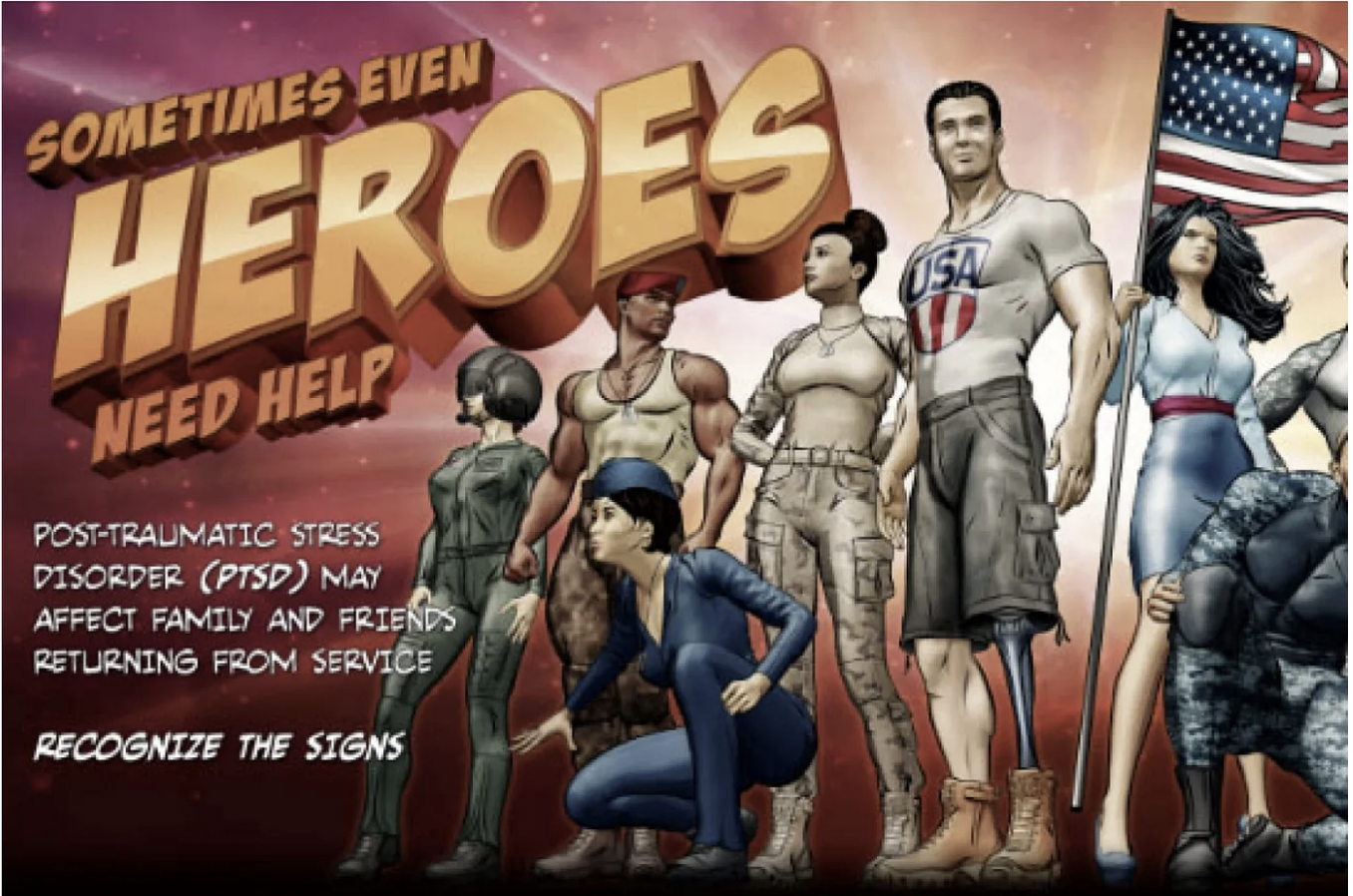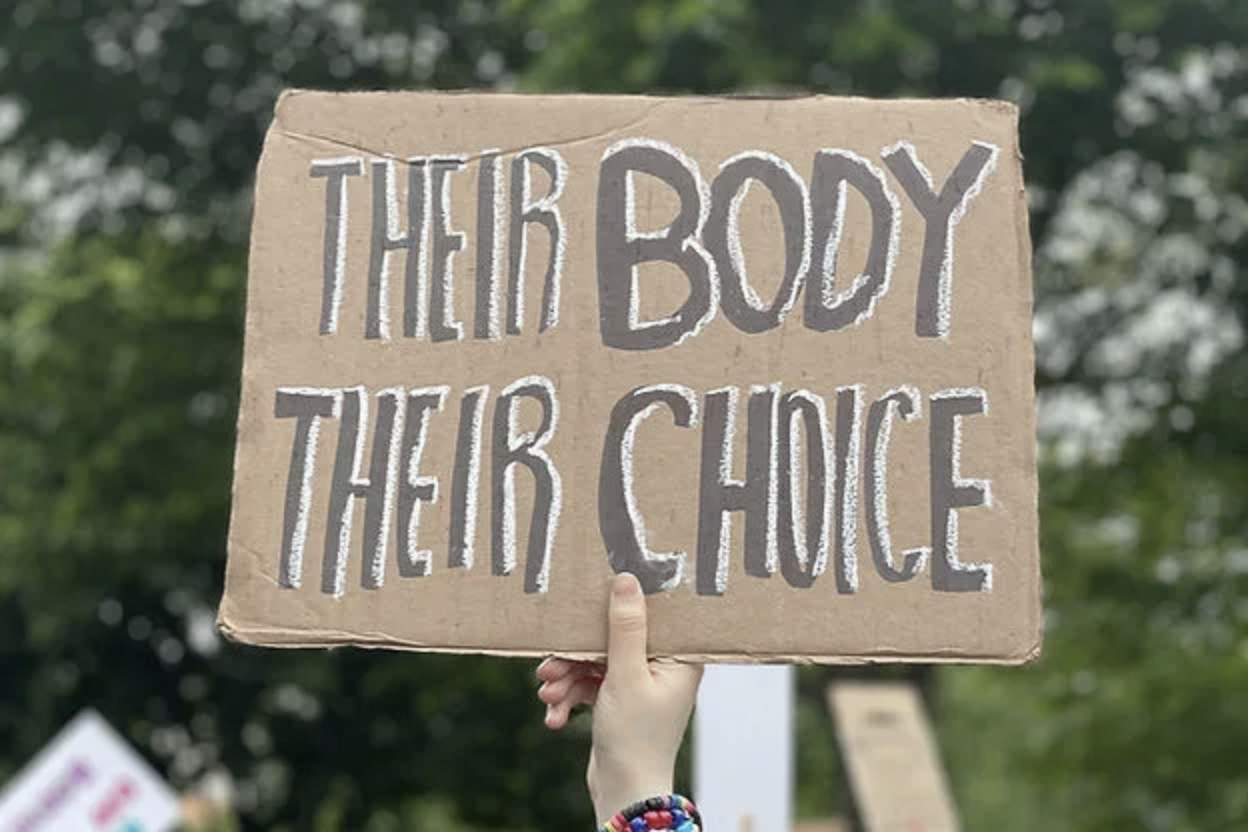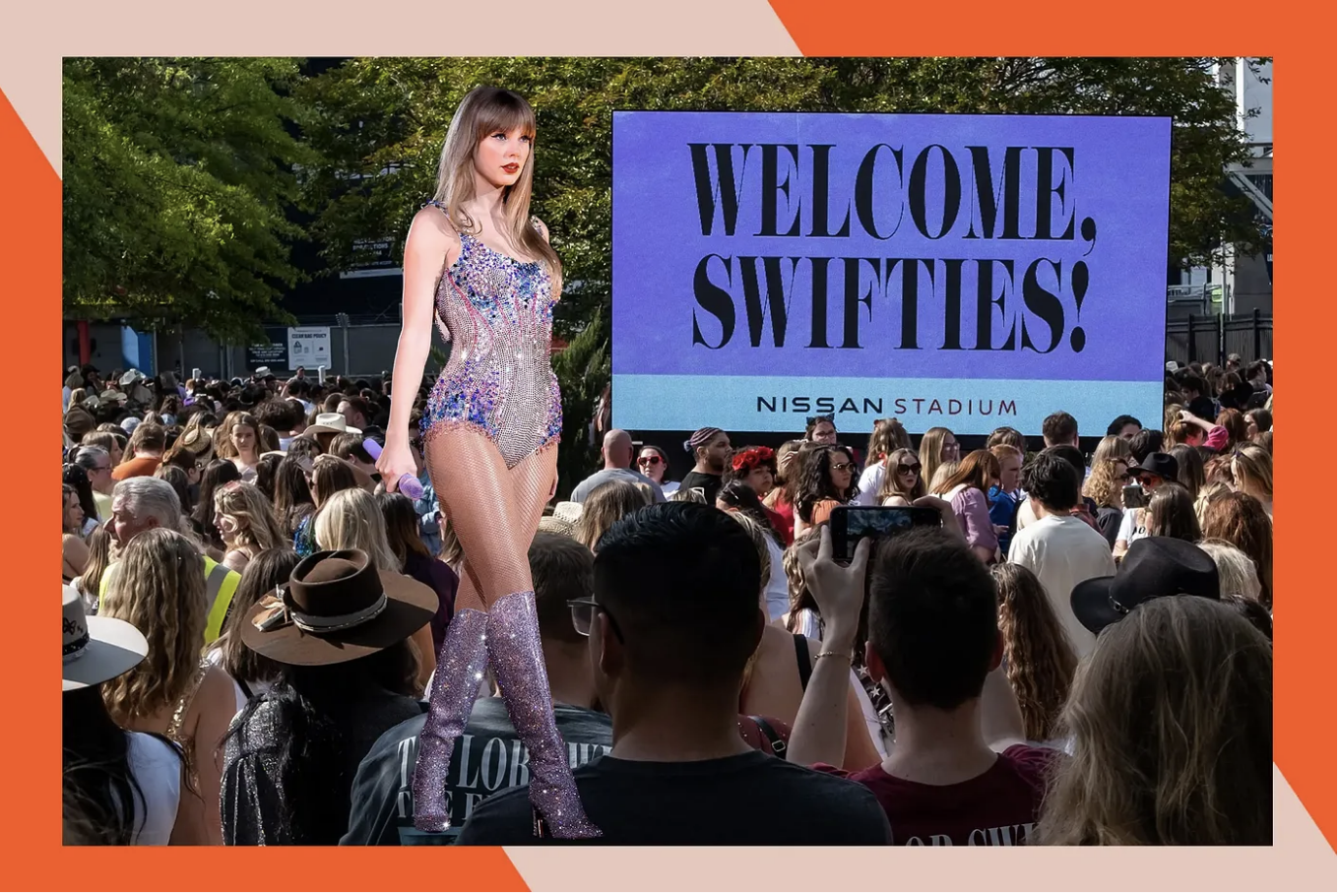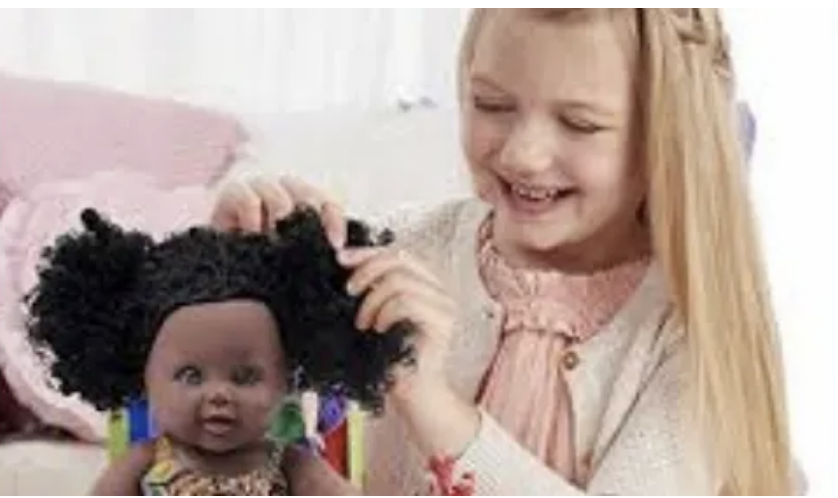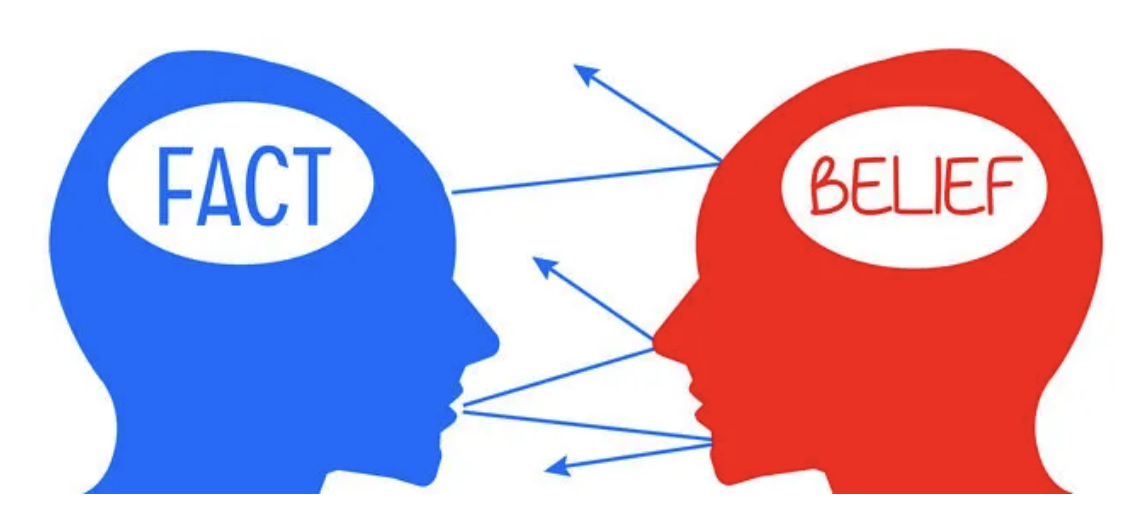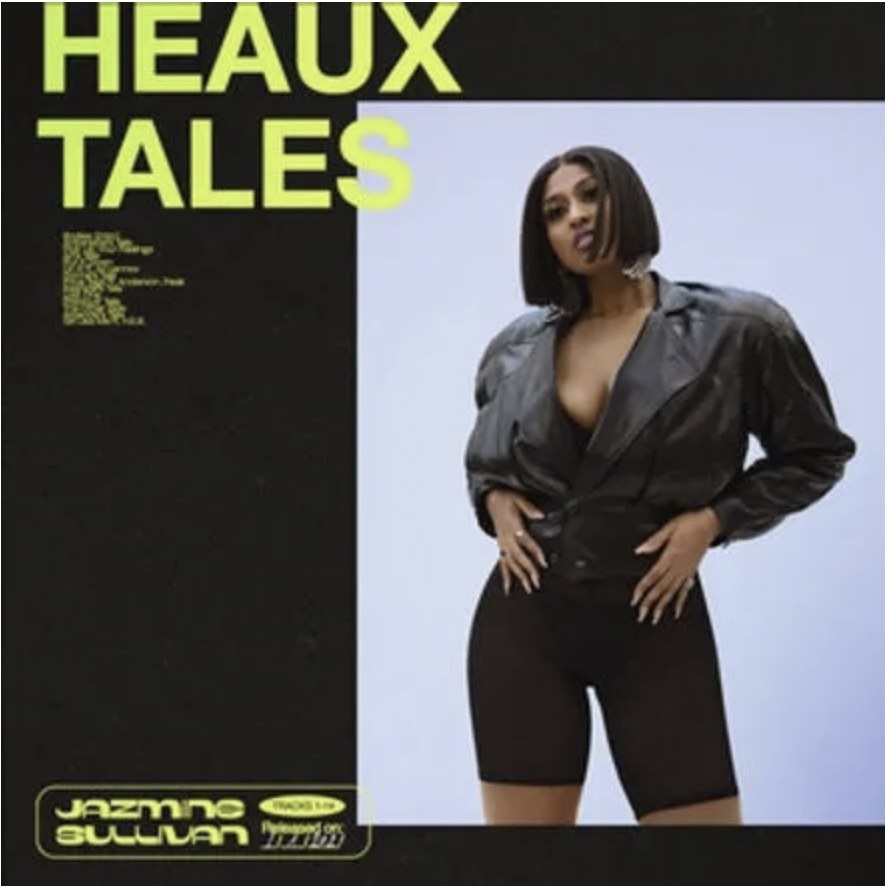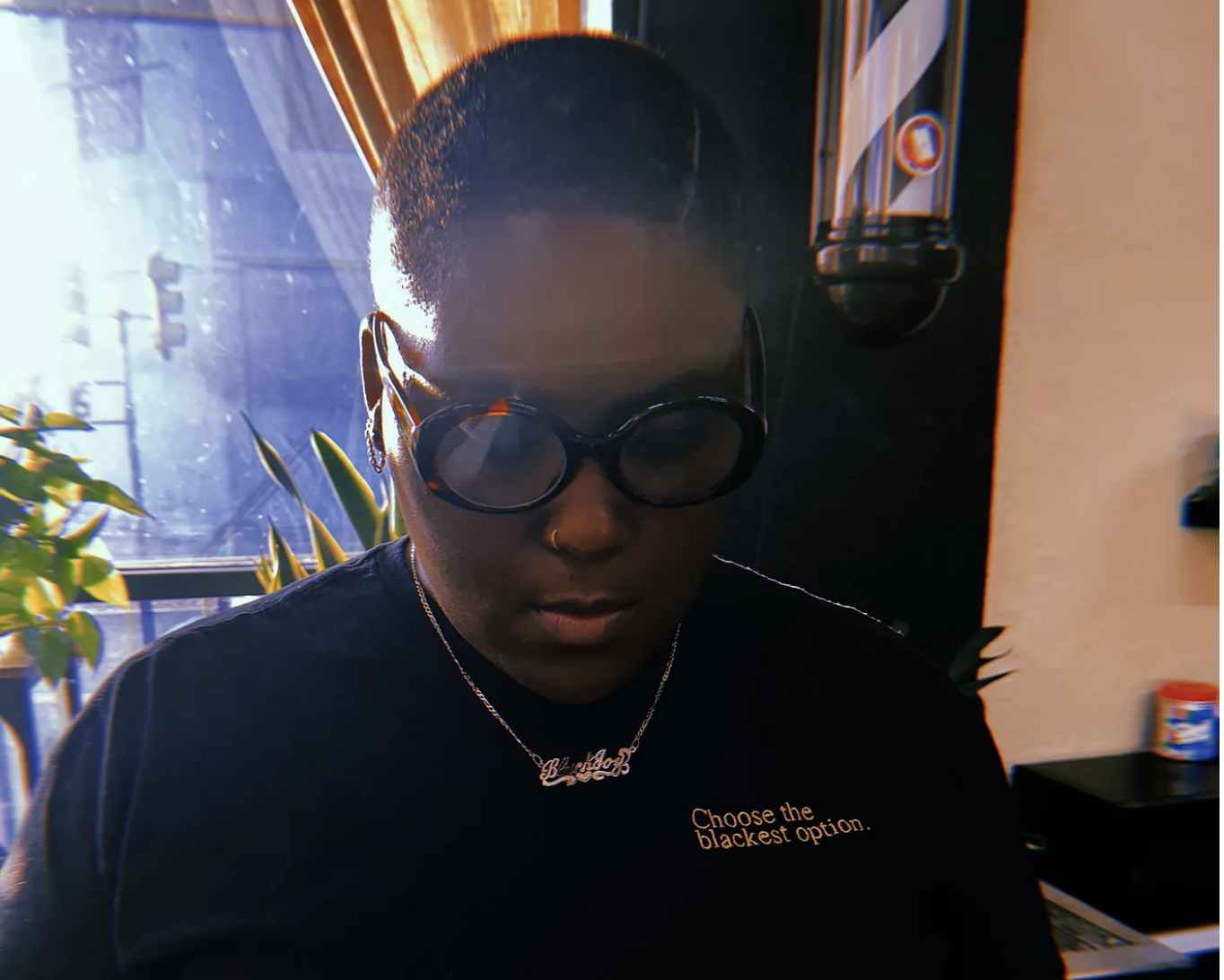
White Women Self-Care
The centering of Whiteness, White experiences and White feelings is excruciatingly apparent in those books. Thinness is mentioned often throughout the pieces along with the tying of monetary hoarding to success. There’s absolutely no mention of race, sexual orientation, gender beyond the binary or life outside of marriage, motherhood, business and?
Death As A Tool of the Oppressor
In my work on psychological safety, I constantly note the needed foundations for safe relationships: trust, honesty, respect and the prioritization of safety throughout. They are all intertwined and it is almost impossible to have one without the other. Yet we see these seemingly basic human needs being dismissed by people in positions of power daily.
The Two White Girl Rule
Netflix’s recommendations along with animated shows from my childhood are products of “the Two White Girl Rule” which itself is a product of White Supremacy. It creates imaginary scarcity and pits people who are not White against each other for these usually stereotype-filled roles that often refuse to allow people to exist outside of several binaries. It also almost always doubles down on the big ass racial umbrellas, never giving any depth to the culture, values or traditions of girls featured that are not White because what else is there to know about them other than their skin color and/or eye shape?
The Laugh Track Effect
These scenes, characters and films make it harder and harder for these behaviors (Blackface, misogynoir, colorism, transphobia, anti-Blackness, etc.) to be labeled as harmful and for those being harmed not to be dismissed or gaslit. It should also be noted that a lot of these underlying behaviors (gaslighting, manipulation, rejection of accountability, stunted emotional maturity, etc.) and narcissism go hand in hand. Harmful behavior does not need to be framed as comical and it most certainly does not need a laugh track.
My Husband Would Kill Me
“To say that straight men are heterosexual is only to say that they engage in sex (fucking exclusively with the other sex, i.e., women). All or almost all of that which pertains to love, most straight men reserve exclusively for other men. The people whom they admire, respect, adore, revere, honor, whom they imitate, idolize, and form profound attachments to, whom they are willing to teach and from whom they are willing to learn, and whose respect, admiration, recognition, honor, reverence and love they desire… those are, overwhelmingly, other men. In their relations with women, what passes for respect is kindness, generosity or paternalism; what passes for honor is removal to the pedestal. From women they want devotion, service and sex. Heterosexual male culture is homoerotic; it is man-loving.”
Why You’re Still a “Swiftie”
his is exactly why whenever “the female dollar” or “women’s rights” are mentioned the same White women are showcased without any mention of anyone else effected. The truth is this mediocracy is praised and expected. The idea that White women represent all women is why she has such a cult like following. I covered a lot more on this in my piece The Extremely Intentional Disconnect but you’re still a “Swiftie” because you love not being held accountable for your actions and hope that with very little change to your harmful behavior you’ll be given the same handclaps she receives.
People Are Not Props
Exploiting, misdirecting, and lying in order to present your business as Black owned is wrong. Black people and other people who are not White are not props. As a brand, if you are using certain faces to promote your brand while White faces are actually at the helm, stop. I won’t even waste my time on the individuals who do this.
I Don’t Care If They’re Blue, Purple or Green
The artist, Nadia Snopek, is White and likely did not consult a single Black person before publishing. In the originally mentioned conversation, Ku’ulani Keohokalole (She/Her/‘Oia), shared something I’ll never forget. She shared that “When people say they ‘don’t care if people are blue, purple, or green’, I tell them there are no blue, purple, or green people. People don’t come in those colors, so what are you really saying?”
Heaux Tales
In Jazmine Sullivan’s award winning album she provides ballad after ballad entrenched with vulnerability, sexual experiences and a deep look into the ideology we are taught about our bodies and what we are allowed to do with them.
The Face of PTSD
The next time someone says PTSD and your brain automatically pulls up a cis White man who is also a combat veteran , challenge it to think of anyone else. Challenge it to think of a trans person who has been disowned by their family for transitioning or a Black person who just had to watch another Black person be murdered. Think about who is defining trauma and why they are defining it this way.
